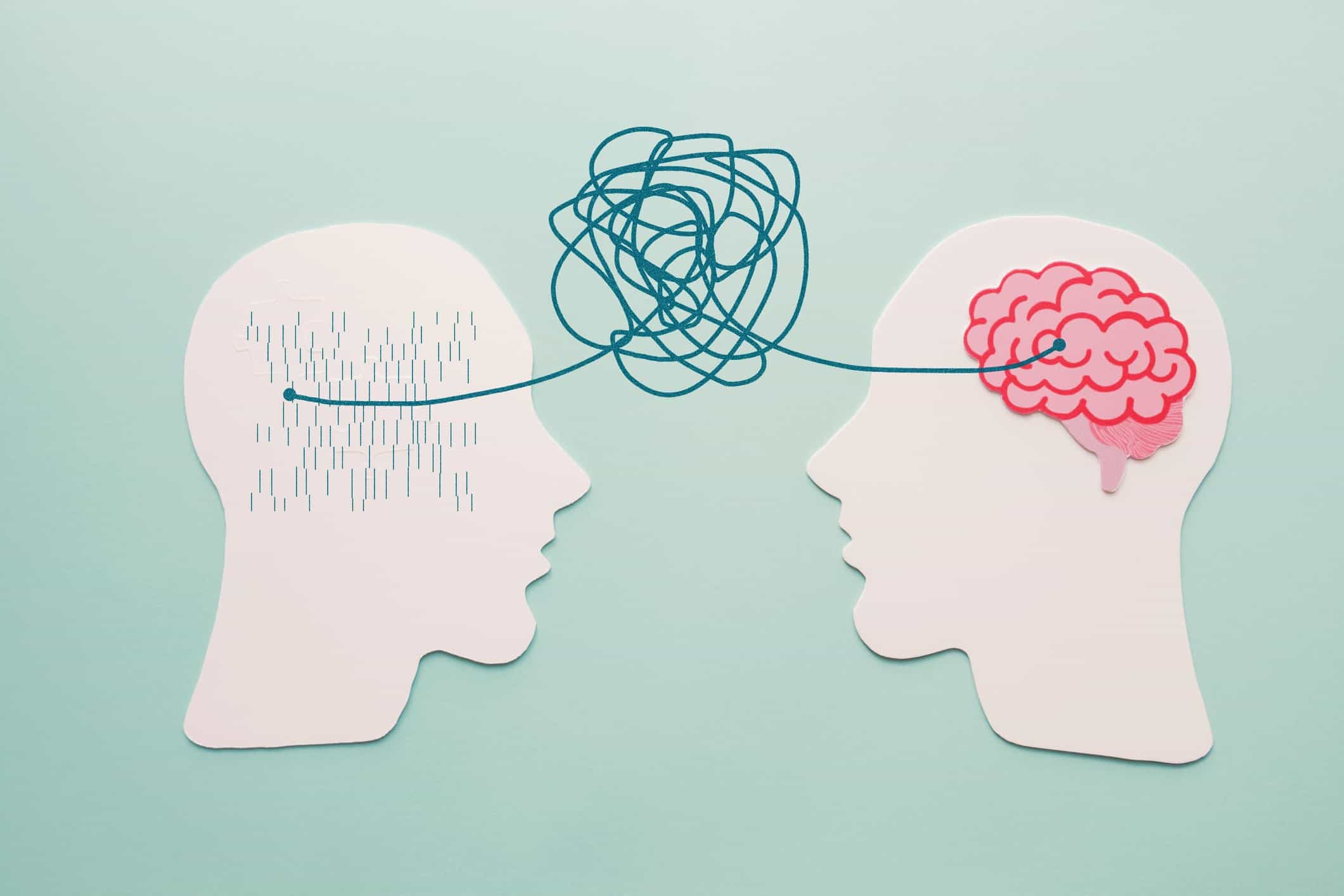Teen depression can be a very overwhelming illness. The negative thoughts associated with depression range from self-deprecating feelings to thoughts of suicide and self-harm, and parents can often feel hopeless in the face of a disease that doesn’t respond to rational thought or reason.
These feelings are neither your fault nor your teens and learning to overcome them takes a great deal of time and dedicated treatment. If your teen has been diagnosed with a form of depression, be prepared for the road ahead. Depressive conditions require long-term support and treatment and understanding depression can go a long way towards providing that support.
Understanding Teen Depression
Depression is a feeling of severe hopelessness. It is more persistent than normal sadness, can occur for no discernable reason, and is characterized by recurring negative thoughts. Depression is the primary characteristic of several different mood disorders, which often have a complex biopsychosocial origin.
This means depression can occur for reasons that are biological, psychological, and social. Factors such as victimization at school, family trauma, genetics, endocrine health, and substance use play a significant role in the development and severity of a depressive condition. The most common is Major Depressive Disorder (MDD), although there are others, such as:
-
- Premenstrual Dysphoric Disorder (PMDD)
- Cyclothymia
- Seasonal Affective Disorder (SAD)/Depression
- And more
A teen’s depression may have multiple different causes, each contributing in some way, and each playing a potential role in their treatment. Teens affected by PMDD or SAD would have a different treatment course than MDD, for example. Where sadness is a normal emotion, depression is chiefly characterized by its anormal persistence.
To be diagnosed with a form of depression, a teen would have to display symptoms for at least two weeks, although the condition itself can last much longer. Symptoms can range from mild to severe, with signs such as low mood and loss of interest in hobbies and social activity, to self-harm and suicidal ideation. There are many theories for why and how depression develops in the brain.
Pharmacological treatment involves selective serotonin reuptake inhibitors (SSRIs), a class of antidepressants that increases the availability of a chemical in the brain related to positive mood. Psychiatric therapies for depression center around identifying, isolating, and combatting individual negative thoughts that a teen can associate with depression, effectively learning to recognize the disorder and how it operates in the mind.
Teen depression treatment can take weeks, months, or more. It is often recurring, and may flare up in times of severe stress, or for no reason. Certain protective factors can help minimize recurrence and prevent depression in those who are more likely to experience it (due to heritability).
Is My Teen Depressed?
It can be difficult to separate sadness from depression, especially from an outside perspective. Much as we would like to, we cannot always understand what our children are thinking. However, there are still signs and symptoms that should never go ignored, and patterns that may suggest something more serious than passing misery.
-
- Frequently joking about suicide
- Wishing one were dead
- Losing interest in all hobbies (without gaining new interests)
- Severe change in weight and appetite
- Signs of self-harm
- Unexplained pains, especially headaches and stomach issues
- Substance use and/or abuse
- Persistent irritability
- Expressing feelings of worthlessness
- Constant fatigue
- Trouble concentrating
Depressive symptoms in teens should always be taken seriously. Teens are teens, and some of the issues and concerns they feel strongly about may feel relatively silly to any adult. Furthermore, the nature of a depressive condition is such that it can occur without any obvious trigger, or absent of any rational cause.
There is no talking your teen out of depression or lecturing them to feel better. When depression strikes, the sadness becomes all-encompassing, and offering support – being there, listening, comforting them, and convincing them they are not alone or worthless – becomes critical.
Are Antidepressants Enough?
Antidepressants are a first-line treatment against depression, but they are rarely the only answer. Treatment for depression may require a multimodal approach, one that combines social activity and support with individual physical and mental health approaches, including exercise and therapy.
Teens who are depressed need to be reminded that they are not alone, and that their friends and family are always standing by them. They need encouragement to seek out social interaction, even in times like this, whether with close friends through the internet or alongside proper COVID precautions.
Individual therapy may combine different approaches or rely on certain types of therapy to isolate and disprove negative thinking. Teens who are depressed will often think to themselves that they have nothing to show for in life, and that everyone around them would be better off if they were dead.
Disproving these thoughts and being reminded of the good things in life can help edge a teen out of a depressive episode. Coping mechanisms that promote good emotions, from creating something (writing, playing music, drawing) to exercise can play a critical role in avoiding depressive symptoms. Different types of depression may require different treatment approaches.
Teens with PMDD may have to coordinate with a doctor to pick out medication to help combat their symptoms without adversely affecting puberty or their menstrual cycles. SAD may be treated through a combination of pharmacology and light therapy (mimicking sunlight). When depression is codependent on drug use, treatment would have to address both issues concurrently.
Every teen’s depression and their treatment may look a little differently. But a key feature in each of their stories is the importance of family and friends. While therapists and specialists help dictate treatment, it is ultimately those who are closest to a teen who do the most to help them survive and overcome their diagnosis.
How Can I Support My Teen?
There are different things parents can do to help support their teen. These include:
-
- Showing interest and support their hobbies and likes. Teens with depression may not always been depressed, and when they are not, they may spend their time trying to do something that makes them happy. Show interest and encourage them to pursue that thing.
- Encouraging them to engage with the family and get things done together. Spend more time together as a family and try to emphasize that your teen will always have a place at home.
- Providing balanced and nutritious meals. Nutrition may play a significant role in both the onset and management of depression and may help regulate mood alongside treatment.
- Identifying your teen’s symptoms and talk to them about getting help. If your teen hasn’t been diagnosed, but you’re worried about their behavior, encouraging them to talk about their thoughts and feelings and potentially seek help with you is an important first step towards helping them figure out what’s going on in their mind.








